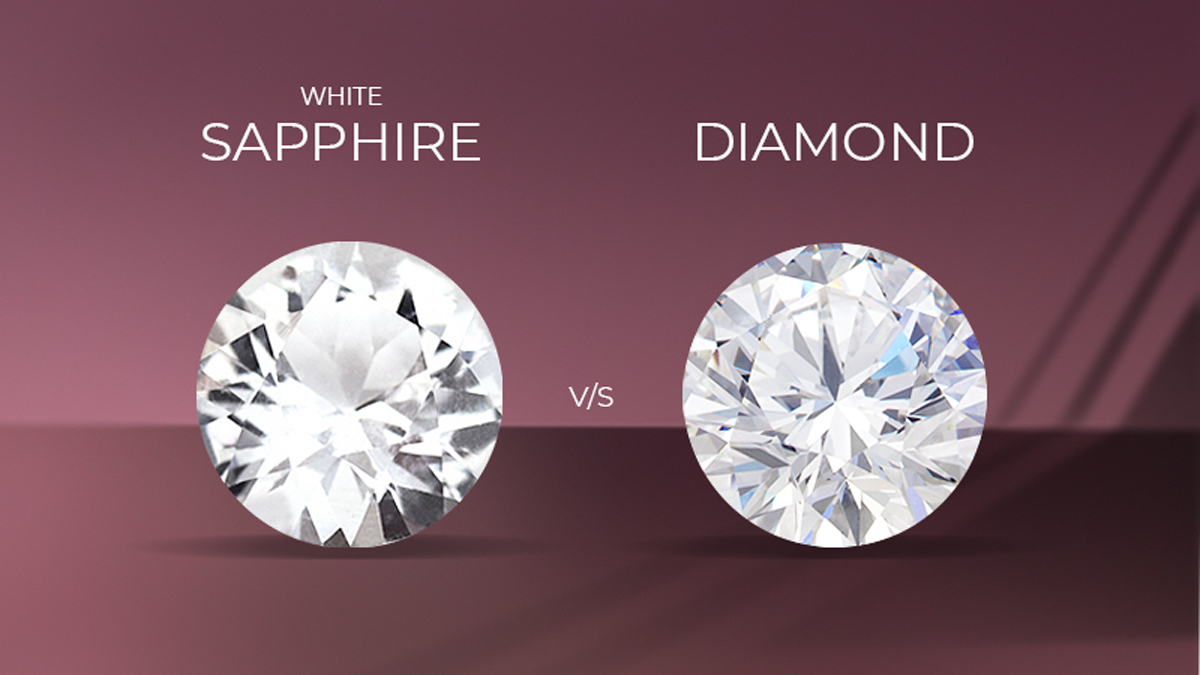Introduction
When it comes to purchasing a diamond, one of the most crucial decisions you’ll make involves its certification. The International Gemological Institute (IGI) and the Gemological Institute of America (GIA) are two of the most prominent gemological laboratories, but how do they stack up against each other? If you’re confused about which certification is better, don’t worry. This guide will break down everything you need to know about IGI and GIA, helping you make an informed decision.
What is IGI?
History of IGI
Founded in 1975, the International Gemological Institute (IGI) began with a mission to provide unbiased and accurate gemological services. With headquarters in Antwerp, Belgium, IGI has since grown into a global network with laboratories around the world. It’s known for its focus on diamonds, colored stones, and jewelry, and has earned a reputation for offering detailed and reliable evaluations.
IGI’s Certification Process
IGI’s certification process involves a comprehensive analysis of the diamond’s characteristics, including cut, color, clarity, and carat weight. Their grading system is designed to be consistent and objective, utilizing advanced technology and skilled gemologists. The result is a detailed report that outlines the gem’s attributes, providing transparency and confidence for buyers.
What is GIA?
History of GIA
The Gemological Institute of America (GIA) was established in 1931, making it one of the oldest and most respected gemological institutions. Founded in Los Angeles, California, lab diamonds, GIA has been a pioneer in diamond grading and gemstone research. Its contributions to gemology include the development of the 4Cs (Cut, Color, Clarity, Carat), which have become the standard in the industry.
GIA’s Certification Process
GIA’s certification process is renowned for its strict standards and rigorous testing. Each diamond is evaluated using state-of-the-art equipment and a team of highly trained gemologists. GIA’s reports are detailed and thorough, providing an accurate assessment of the diamond’s qualities. This meticulous process helps ensure that buyers receive a reliable and honest evaluation.
Comparison of IGI and GIA
Certification Standards
Both IGI and GIA are respected for their certification standards, but there are some differences. GIA is often considered the gold standard in diamond grading due to its historical significance and rigorous evaluation methods. IGI, on the other hand, is known for its comprehensive approach and detailed reports, which are widely accepted in the industry.
Grading Criteria
When it comes to grading criteria, both IGI and GIA use similar benchmarks—cut, color, clarity, and carat weight. However, the interpretation and application of these criteria may vary slightly between the two institutions. GIA’s grading is generally perceived as more stringent, while IGI’s reports are considered detailed and user-friendly.
Reputation and Trustworthiness
GIA’s long-standing reputation and influence in the gemological community often place it at the forefront of consumer trust. Its grading standards have shaped the industry, making its certification highly sought after. IGI, while also reputable, is often seen as a strong contender with a focus on providing clear and comprehensive reports.
Pros and Cons of IGI
Pros
- Comprehensive Reports: IGI provides detailed grading reports, which are beneficial for buyers seeking in-depth information about their diamonds.
- Global Reach: With numerous locations worldwide, IGI offers accessibility and consistency in its services.
- Affordable Services: IGI’s services are often priced competitively, making it a cost-effective choice for many.
Cons
- Perceived Lower Prestige: Compared to GIA, IGI may not always be perceived as having the same level of prestige.
- Inconsistencies: Some buyers believe there can be slight inconsistencies in grading compared to GIA standards.
Pros and Cons of GIA
Pros
- High Prestige: GIA’s reputation for accuracy and reliability is well-established, making its certification highly respected.
- Strict Standards: GIA’s grading criteria are known for being rigorous and consistent, providing a high level of confidence.
- Educational Resources: GIA offers extensive educational resources for consumers and professionals alike.
Cons
- Higher Cost: GIA’s services can be more expensive, which might be a consideration for budget-conscious buyers.
- Potential Delays: Due to its high standards, GIA’s certification process may take longer compared to other institutions.
How to Choose Between IGI and GIA
Personal Preferences
Choosing between IGI and GIA often comes down to personal preference. If you value detailed reports and a cost-effective option, IGI might be the right choice. If you prioritize prestige and stringent grading, GIA could be the better fit.
Budget Considerations
Your budget plays a crucial role in decision-making. GIA’s higher fees may not be ideal for everyone, while IGI’s more affordable services provide a valuable alternative without compromising too much on quality.
Conclusion
In the debate of IGI vs GIA, both institutions offer valuable services with their own strengths and weaknesses. GIA’s historical significance and rigorous standards make it a top choice for many, while IGI’s comprehensive reports and affordability offer significant benefits as well. Ultimately, the choice depends on your specific needs, preferences, and budget. Whether you lean towards GIA’s prestige or IGI’s detailed evaluations, understanding both can help you make a well-informed decision when purchasing your next diamond.





